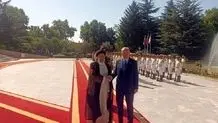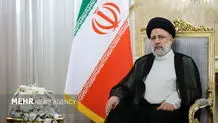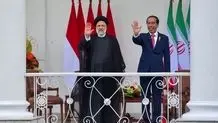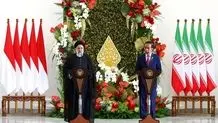Polls close in Turkey’s historic presidential runoff
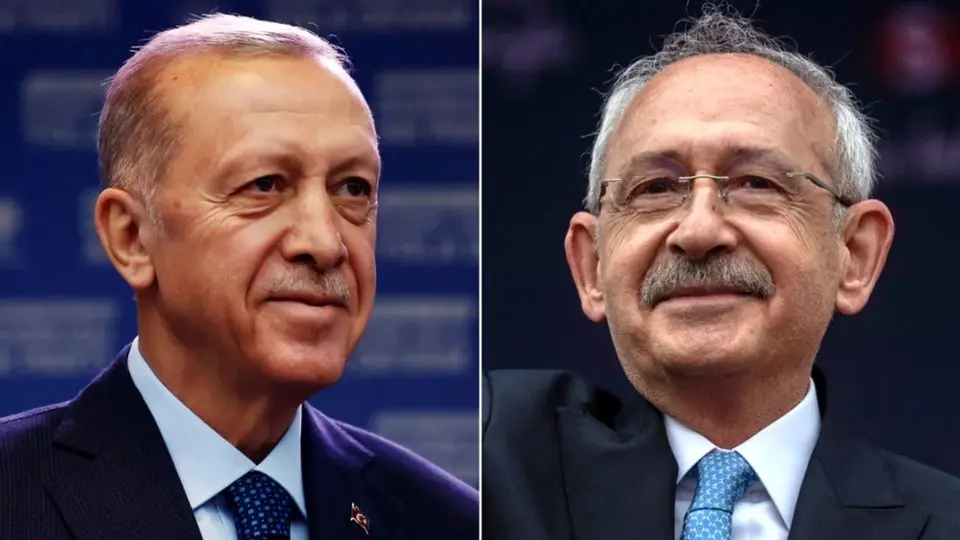
Erdogan is going head-to-head with opposition leader Kemal Kilicdaroglu, a 74-year-old bureaucrat and leader of the left-leaning CHP.
In the first round of voting on May 14, Erdogan secured a nearly five-point lead over Kilicdaroglu but fell short of the 50% threshold needed to win.
Erdogan cast his vote at a voting center in Istanbul on Sunday. “This is a first in Turkish democratic history,” he said.
“Turkey, with nearly 90% participation in the last round, showed its democratic struggle beautifully and I believe it will do the same again today,” he added.
Kilicdaroglu cast his vote in Ankara, telling reporters: “In order to get rid of the oppression and to get rid of this authoritarian leadership, to bring real democracy and freedom, I call on all citizens to go vote and to stand by the ballot boxes after.
“Because [the] election was held under hardships, all sorts of black propaganda and slander was used but I trust in the common sense of the people.”
Electoral authorities said voting was passing “without any issues” and that results should come sooner than in the first round.
Last week, third-place candidate Sinan Ogan, who won 5% of the first-round vote, publicly endorsed Erdogan, further boosting the strongman leader’s chances of winning Sunday’s second and final presidential round.
Many polls had incorrectly predicted that Kilicdaroglu would lead in the May 14 vote, which saw a high turnout of nearly 90% across the country.
Six opposition groups had formed an unprecedented unified bloc behind Kilicdaroglu to try to wrest power from Erdogan.
The opposition has described the election as a last stand for Turkish democracy, accusing Erdogan of hollowing out the country’s democratic institutions during his 20-year rule, eroding the power of the judiciary and repressing dissent.
Erdogan also faces headwinds from a floundering economy and a shambolic initial response to a catastrophic earthquake on February 6 which claimed more than 50,000 lives in Turkey and neighboring Syria.
The government acknowledged its “mistakes” in its rescue operation and apologized to the public.
Erdogan’s critics also spotlighted loose construction standards presided over by the ruling AK party, which turbocharged a construction boom since the early 2000s, and exacerbated the death toll. They also argued that the earthquake response underscored Erdogan’s alleged hollowing out of government entities in his bid to consolidate power.
The country’s financial crisis — which saw the currency plummet and prices soar — is also partially blamed on Erdogan’s policies. The president suppressed interest rates leaving inflation unfettered, critics argued.
But electoral results on May 14 showed continued support for the president in his conservative strongholds, including in the devastated earthquake zone.
In an interview with CNN’s Becky Anderson last week, Erdogan vowed to double down on his unorthodox economic policies, arguing that interest rates and inflation were “positively correlated.”
He also hailed his relationship with Russian President Vladimir Putin as “special” and said he would continue to block Sweden’s access to NATO, despite Western criticism that he was obstructing a unified front against Russia’s invasion of Ukraine.
آخرین اخبار News را از طریق این لینک پیگیری کنید.

